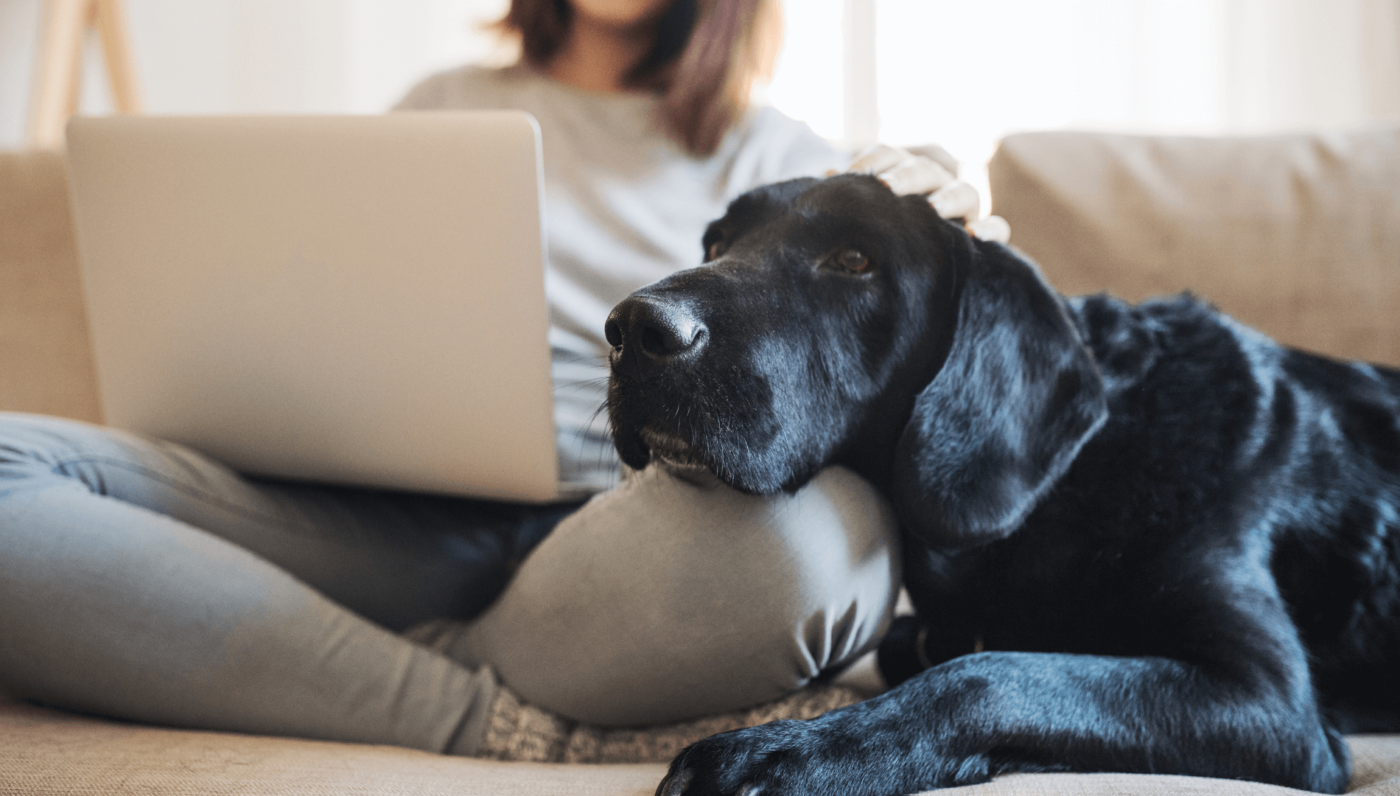Living with hearing aids can be a significant adjustment. It affects one’s daily life, from communication challenges to adapting to new sounds. However, pets can provide remarkable support to those using hearing aids. They offer more than just companionship; they can enhance the quality of life in various unexpected ways.
Emotional Support and Companionship
Pets, especially dogs and cats, are excellent sources of emotional support. Their unwavering loyalty and affection provide comfort during hard times. Individuals with hearing aids often face emotional challenges, such as frustration or feeling isolated because of communication barriers.
Pets ease these feelings by offering constant companionship. When someone feels isolated, a pet’s presence can be comforting. The simple act of petting a dog or cat can reduce stress and anxiety, making it easier to cope with the challenges of using hearing aids.
Enhancing Social Interactions
Owning a pet can naturally lead to increased social interactions. For instance, taking a dog for a walk often results in meeting new people. These interactions help those with hearing aids to practice communication skills in a relaxed setting. Casual conversations with neighbors or other pet owners can boost confidence and reduce the sense of isolation.
Additionally, pets can be great conversation starters. They provide common ground for individuals to connect and engage in dialogue. This can be especially helpful for someone who is adjusting to new hearing aids and may feel apprehensive about social interactions.
Alerting to Sounds
Pets can be trained to alert their owners to specific sounds, which is extremely beneficial for individuals with hearing aids. For example, dogs can learn to recognize important sounds such as doorbells, alarms, and phone rings. They can then alert their owners by nudging them or bringing them to the source of the sound.
This ability to act as a guide for auditory alerts adds a layer of security and independence for those with hearing aids. Pets can become reliable partners, ensuring that important sounds are not missed.
Regular Routine and Physical Activity
Having a pet often establishes a daily routine, which can be quite beneficial. Pets require regular feeding, walking, and playtime. This routine can help those with hearing aids to get used to consistent daily patterns. A structured routine may improve overall well-being.
Moreover, pets encourage physical activity. Walking a dog or playing with a cat gets one moving, which helps maintain physical health. Physical exercise is not only good for the body, but it also improves mental health, alleviating feelings of depression or anxiety that can sometimes accompany hearing loss.
Building Confidence and Independence
Training a pet to alert to sounds or respond to commands can greatly enhance the owner’s independence. The ability to rely on a pet for certain tasks reduces dependence on others, fostering a sense of autonomy and self-reliance.
Conclusion
Pets are more than just animals; they are companions that significantly improve the lives of those using hearing aids. From providing emotional support and enhancing social interactions to alerting to important sounds and establishing routines, pets offer invaluable benefits. They promote physical activity, reduce loneliness, and build confidence, creating a happier and more fulfilling life for their owners.
Embracing the companionship of a pet can be a transformative experience for anyone with hearing aids. Their positive impact goes beyond the immediate, supporting long-term emotional and physical well-being. Therefore, considering a pet might be a wonderful step toward improving life with hearing aids.

